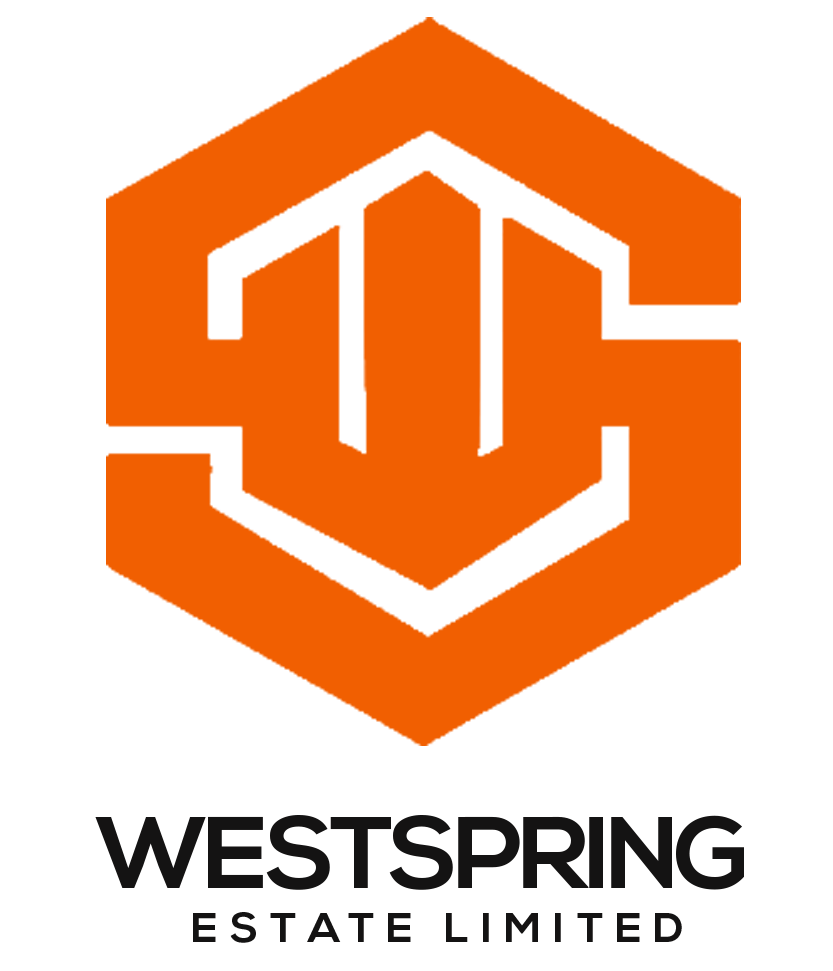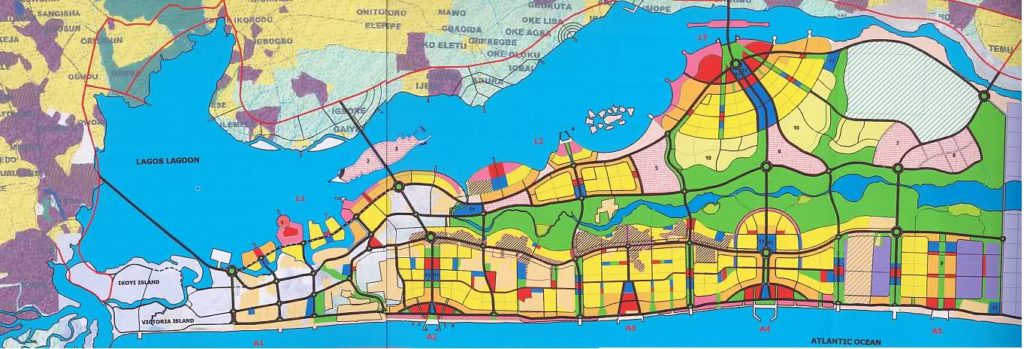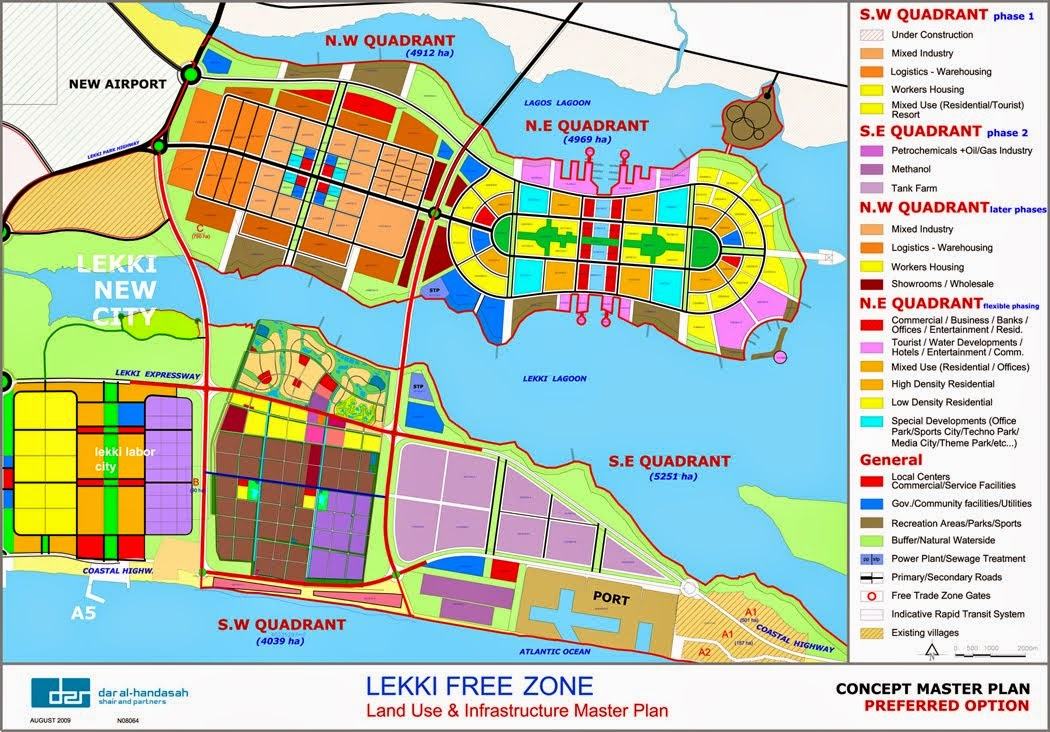IBEJU LEKKI IS THE NEW FACE OF LAGOS
Ibeju Lekki is the new haven for Real Estate Investors in Lagos State at this time owing to the amount of infrastructural development going on in the area. We intend to showcase Ibeju Lekki – history and culture of the people, the division, and the ongoing development in the area – and also to ease your investment decision making.
Ibeju Lekki is a local government area in the Epe Division of Lagos State, Nigeria. The name, Ibeju Lekki, was derived from the names of two autonomous communities, namely Ibeju-Agbe and Lekki.The administrative center was formally at Akodo and was later moved to Igando Oloja due to the creation of Lekki Council Development Area.
Located on the coastal plain of Nigeria, Ibeju-Lekki has many creeks and Lagoons and it is mainly populated by Ijebu speaking people of the Yoruba tribe in Nigeria. Ibeju Lekki is bounded by Eti-Osa East LCDA on the west, Epe on the East and the Atlantic Ocean on the North. Ibeju- Lekki is about 75km long and 20 km at its widest point and is spread over 646km2 which is a quarter of the total land mass of Lagos state.
Some of the major town in Ibeju-Lekki includes Ibeju-Agbe, Magbon-Alade, Iberikodo, Igando-Oloja, Aiyeteju, Awoyaya, Bogije, Akodo, Elerangbe, Eleko, Elemoro, Idi-Orogbo, Lakowe, Orimedu, Orofun, Abijo, Mopo-Ijebu Eputu, Eputu, Bogije, Sapati, Igando-Oloja, Ibeju Lekki, Arapagi, Oke-Odo, Elemoro, Akodo, Magbon-Alade, Eleko, Debojo, Solu-Alade, Iwerekun, Mopo etc.
THE PEOPLE AND CULTURE
The people of Ibeju Lekki pride themselves as being from “Igi-Meta” This can be gleaned from their “Oriki” part of which reads thus:‘……Omo onigi meta ijebu, ikan n so owo, ikan n so iyun, ikan n so alaari baba aso…..’
The people of the area are mainly Yoruba speaking natives, nevertheless, there are many other people from different parts of the country and around the world residing, working and investing in the Ibeju Lekki. Ibeju Lekki indigenes are friendly and accommodating as can be seen in their peaceful co-existence with various other Yoruba and non-Yoruba speaking Nigerians and foreigners.
The indigenes of Ibeju-Lekki are mainly fishermen, who traverse the length and breadth of both Lagos Lagoon and the Atlantic Ocean for different species of fishes, crayfish, prawn, lobsters, and crabs. The women are majorly involved in selling the fishes caught by the men. Grilled or smoked fish is a common delicacy eaten popular eaten with Garri, a local derivative of cassava, usually produced by women.
Indigenes of Ibeju Lekki also produce brooms, coconut oil and palm oil from the abundant coconut and palm trees that grow along the coastline.
Leadership is vested in the Council of Obas and Chiefs, headed by the Onibeju, who is the chairman. Historically, the Onibeju had been the administrative head of all communities that make up of the old Ibeju district, long before the incursion of the colonial masters. He has, therefore, maintained his chairmanship of the Council of Obas and Chiefs in Ibeju Lekki to date.
Ibeju Lekki is endowed with beautiful lagoon and beaches which makes the area attractive to tourists and fun seekers.
GROWTH AND DEVELOPMENT IN IBEJU LEKKI
Ibeju Lekki is perhaps the fastest growing region in Lagos State. The development in Ibeju Lekki is rapid and ongoing, which made some people to refer to it as the New Face of Lagos. In fact the commercial Hub of Lagos State is gradually shifting towards Ibeju Lekki with many investments being done to develop industries and infrastructures.
Ibeju Lekki has a wide expanse of land that hosts choice developmental projects such as the Lekki Free Trade Zone, Lekki Deep Seaport, Dangote Refinery and Petrochemical Industry, Dangote Fertilizer Plant, International (Cargo) Airport, Lekki International Golf Course, Pan Atlantic University, Eleganza Industries and many others.
Ibeju Lekki shares border with regions like Victoria Island, Ajah, Ikoyi and the Eko Atlantic City which plays host to great sporting events like the Copa Lagos Beach Soccer Tournament (annually) and most recently hosted the CAF Beach Soccer Cup of Nations.
DIVISIONS OF IBEJU LEKKI
Ibeju Lekki is broadly divided into three principal locations, which are the Free Trade Zone Axis, the Elerangbe Axis and the Lekki-Epe Expressway Axis.
Lekki-Epe Expressway Axis
This axis starts from Abijo up to Eleko Junction. This stretch of the expressway has a mixture of residential and commercial characteristics. The area already houses business ventures such as Pan-Atlantic University, Eleganza Industries, Coscharis Motors Head Office, Corona School, Greensprings School, and has a number of built up residential estates. Of the three locations, this is where one can buy, build and live conveniently at present. From Eleko Junction to Ajah is about 15 minutes’ drive.
Free Trade Zone Axis
The Free Trade Zone Axis is off Lekki-Epe Expressway to the right, at the Eleko Junction, when coming from Ajah. This is the most commercial of the three locations and stretches from Eleko Beach Road through the Free Trade Zone Road to La Campagne Tropicana Resort and beyond. It hosts the Free Trade Zone, Lekki Seaport, Dangote Refinery and Petrochemical Industry, Dangote Fertilizer Plant and other businesses.
The Elerangbe Axis
The Elerangbe axis is designed mostly to be a residential area. Just like the Free Trade Zone axis, it is located off the Lekki-Epe expressway to the left, after Pan Atlantic University which is after Eleko jucnction and about 18 minutes’ drive from Abijo Bus stop. It comprises of places like Okego Village, Tagbati all the way to Arapagi.
The key infrastructure expected to open up this location is the proposed 4th Mainland Bridge which is principally meant to link this area with Lagos mainland as well as other area on the Lagos Island. There is also the proposed Lekki International Airport which is about 4 minutes’ drive from Elerangbe town. Although this axis looks relatively undeveloped, the many proposed key developmental projects coming will open it up to rapid development.







Pingback: Foresight - a very important quality of a real estate investorWest Spring Estate Limited